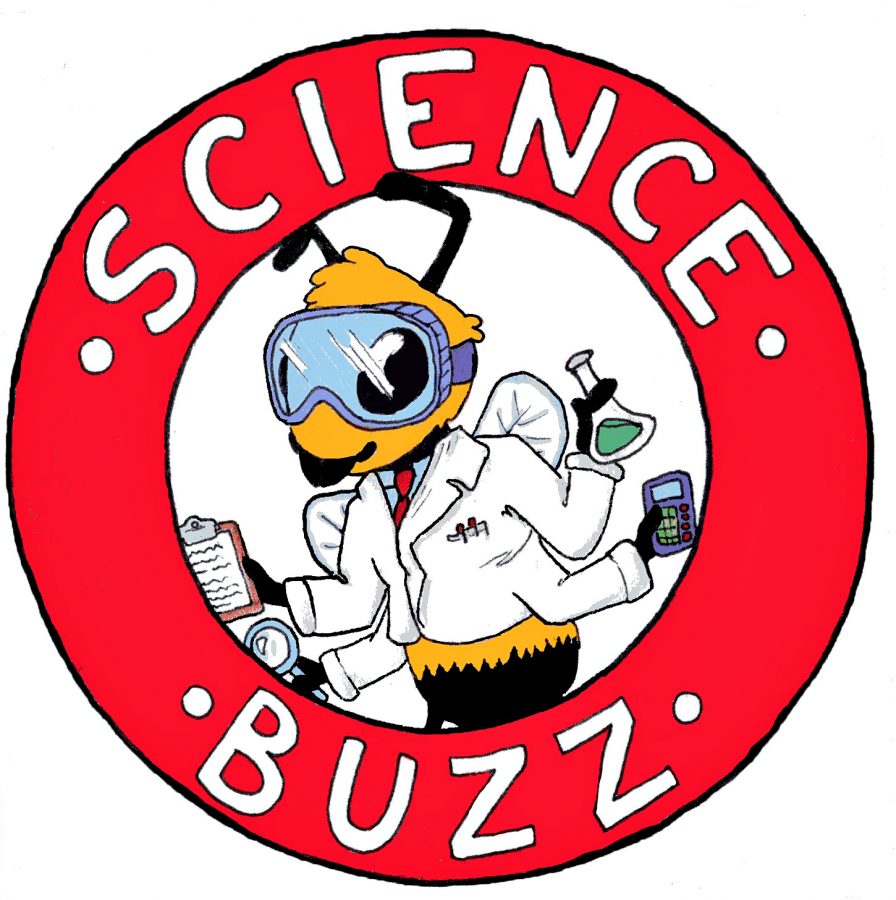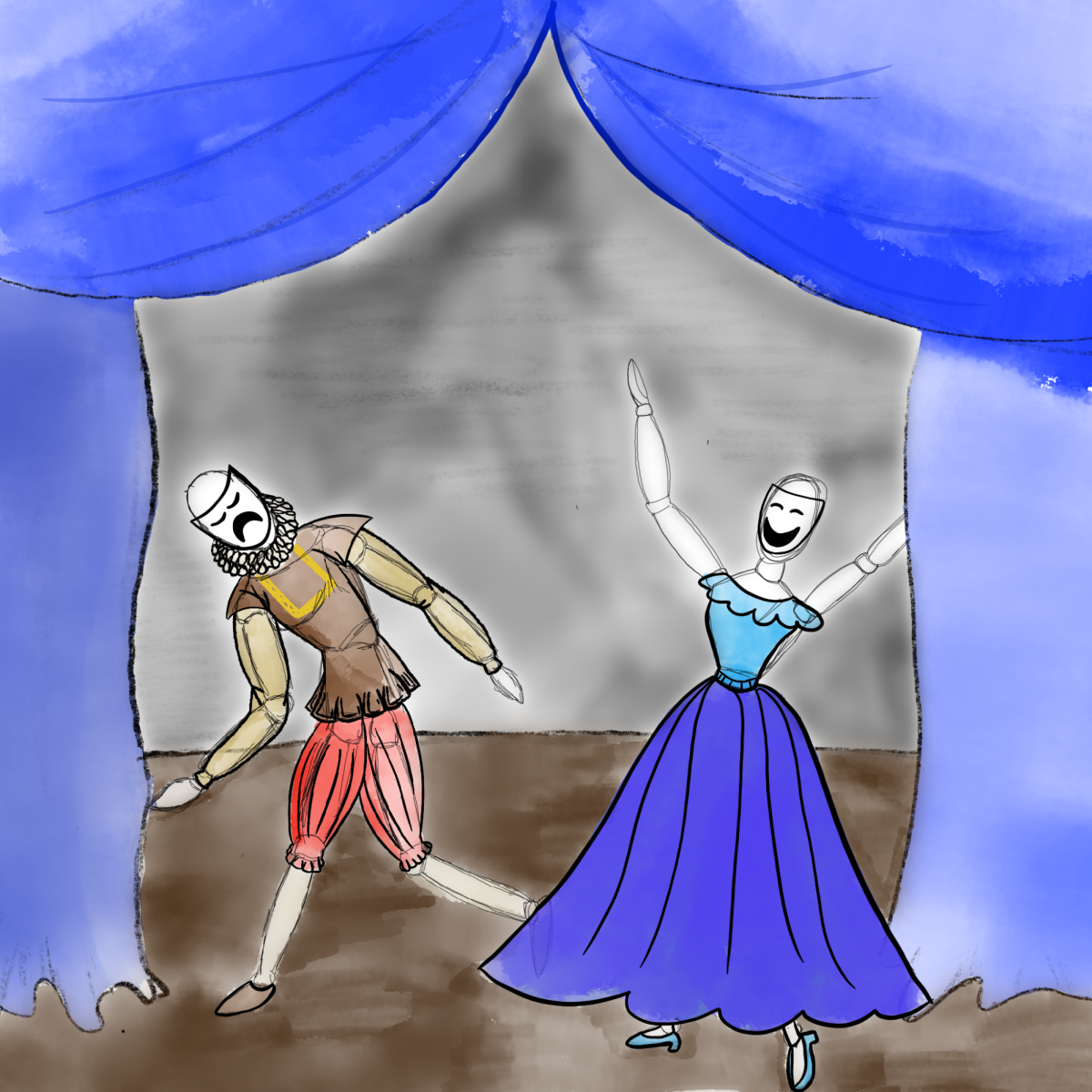Editor’s note: In this recurring column, science writer Robert Starr rounds up the previous week’s top science stories. Have a suggestion? Send a tweet to @RobertKStarr, and your link might appear in next week’s Science Buzz.
This past weekend, astronaut Scott Kelly launched into space to join the crew of the International Space Station (ISS). His trip on the ISS will last a year, longer than anyone else has ever spent on the ship. Scott has an identical twin brother, Mark Kelly, a retired astronaut, who will remain on Earth. These factors will allow scientists to study the Kelly brothers and gain a better understanding of how long-term spaceflight affects vision, immune response and even individual genes.
Put another way, this could be the most exciting case of twins in space since Luke and Leia.
As populations grow, civilizations often struggle to come up with the technology to provide sufficient water for survival. A new model developed at Duke University suggests that there’s a lag between an increasing population and the technological breakthroughs that supply it with drinkable water. According to the model, we will experience this struggle firsthand in the coming decades.
Conservation methods currently allow for more efficient water usage, meaning we’re using less water per person than we were a few years ago. However, if the population continues to increase at its current rate, the Duke model predicts that efficiency measures will not keep pace and new strategies may become necessary to prevent water shortages.
Thirsty Thursdays are about to get a whole lot thirstier.
The world record time for marathon running belongs to Dennis Kimetto, who ran the race in just under two hours and three minutes. The Mars record marathon time belongs to the Opportunity rover, which has traveled the 26.2 miles on the red planet in 11 years and two months. That’s not a great time — it’s a pace of about a foot and a half per hour — but considering the rover has outlasted its original three-month mission by more than a decade and is still providing information about a planet some of us hope to one day call home, it’s quite an impressive feat.
If it finds some liquid water on Mars, maybe it’ll attempt a triathlon next.
You might be working too hard in your math class. A new study published in the Journal of Educational Psychology found that the optimal amount of math or science homework per night for adolescents is approximately one hour. In fact, time spent on homework wasn’t the leading predictor of achievement. Instead, the best predictor was prior knowledge, measured by grades in previous classes. This means that the best way to do well in algebra is to make sure you did well in pre-algebra.
The researchers also found autonomy, or the ability for the student to do homework by oneself, to be highly predictive of success. But since this study did not distinguish between cause and effect, the most an individual can take from it is a tautology: the best way to do well at math or science is to be good at math or science. Still, in isolating the most significant factors, the research might shed light on how to improve our math and science education as a whole.
Print this study out, and show it to your calculus professor next time she assigns a problem set.
Thanks for reading Science Buzz. Check back next Monday for more!





















